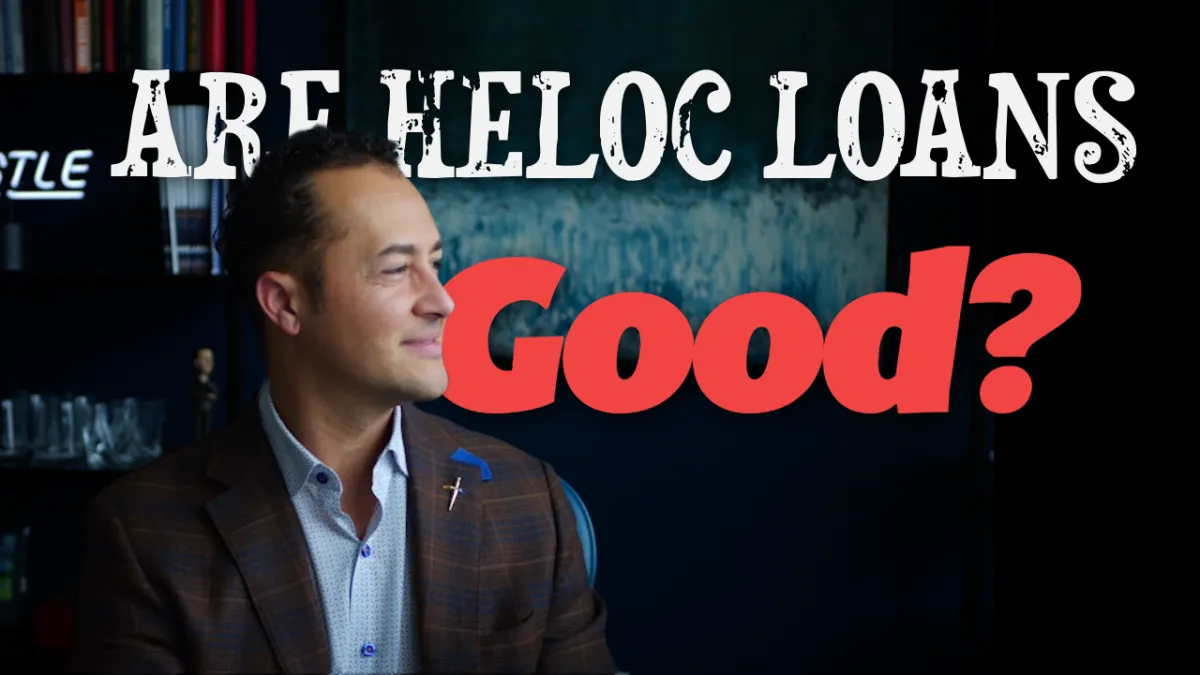
Are HELOC Loans Good?
A Powerful Tool, but Handle with Care
Home Equity Lines of Credit (HELOCs) have become a popular financial instrument, offering homeowners access to substantial funds using their home's equity as collateral. The allure of a revolving line of credit, often at competitive interest rates, is undeniable. But are HELOCs genuinely "good"? The answer, as with many financial products, is a resounding "it depends."
At its core, a HELOC provides a flexible source of funds. Unlike a traditional loan with a fixed sum, a HELOC allows you to draw money as needed during a specified draw period, typically 10 years. You only pay interest on the amount you borrow, making it an attractive option for projects with variable costs or unpredictable timelines.
One of the most compelling advantages of a HELOC is its versatility. Savvy borrowers leverage this flexibility for various financial goals, including:
Home Improvements: Renovations, additions, and upgrades can significantly increase a home's value. A HELOC provides the necessary funds without requiring a lump-sum loan upfront, allowing homeowners to manage project expenses efficiently.
Debt Consolidation: While caution is warranted, a HELOC can be used to consolidate high-interest debt, such as credit card debt. The lower interest rate of a HELOC can potentially save borrowers substantial amounts in interest payments over time.
Investment Opportunities: Some individuals utilize HELOCs to invest in real estate, stocks, or other ventures. The potential for higher returns can offset the interest costs, but this strategy carries inherent risks and requires a strong understanding of investment principles.
Emergency Funds: A HELOC can serve as a safety net, providing access to funds in case of unexpected expenses, such as medical bills or job loss. This accessibility can offer peace of mind during challenging times.
The appeal of a HELOC stems from its relatively low interest rates, often tied to the prime rate. This can translate to significant savings compared to unsecured loans or credit cards. Furthermore, the interest paid on a HELOC may be tax-deductible in certain circumstances, further enhancing its appeal.
However, the flexibility of a HELOC can also be its downfall. The revolving nature of the credit line can tempt borrowers to overspend, leading to a cycle of debt. The draw period is followed by a repayment period, during which you must repay the outstanding balance plus interest. This repayment period can result in significantly higher monthly payments than during the draw period, potentially straining your budget.
Herein lies the crux of the matter: a HELOC's "goodness" hinges on the borrower's financial discipline. Individuals with a strong understanding of budgeting, debt management, and responsible spending habits can effectively leverage a HELOC's benefits.
Conversely, those prone to impulsive spending or struggling with debt may find themselves in a precarious situation. The ease of access to funds can exacerbate existing financial challenges, potentially leading to foreclosure if payments are missed.
For individuals who are not as confident in their ability to handle a revolving line of credit, a home equity loan might be a more suitable alternative. Unlike a HELOC, a home equity loan provides a lump sum with a fixed interest rate and monthly payments. This predictable structure can be beneficial for those seeking to consolidate high-interest debt, as it provides a clear path to repayment.
Using a home equity loan to pay off high interest debt, can offer a fixed payment schedule, and a lower interest rate than credit cards, therefore making it easier to manage the debt. The lack of a draw period and the fixed amount borrowed reduces the risk of overspending, and provides a clear path to becoming debt free.
In conclusion, a HELOC is a powerful financial tool that can be used for various purposes, from home improvements to investments. However, its effectiveness depends heavily on the borrower's financial discipline. If used responsibly, a HELOC can be a valuable asset. But for those struggling with debt or prone to overspending, a more structured approach, such as a home equity loan, may be a wiser choice. Ultimately, the decision to obtain a HELOC should be based on a thorough assessment of your financial situation, goals, and ability to manage debt responsibly.


